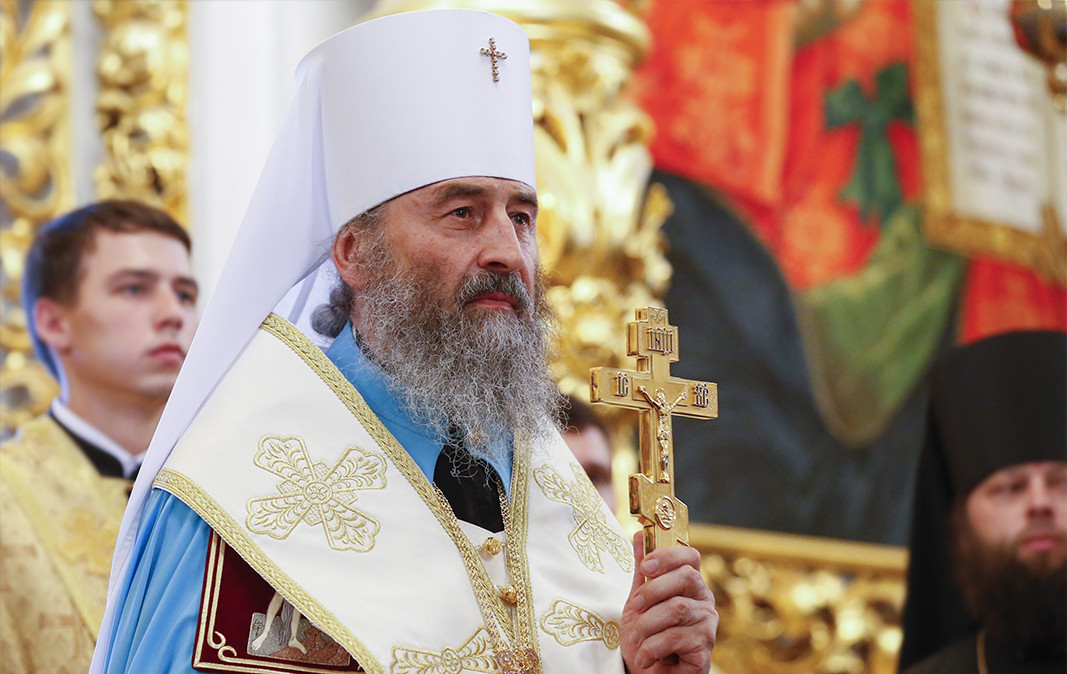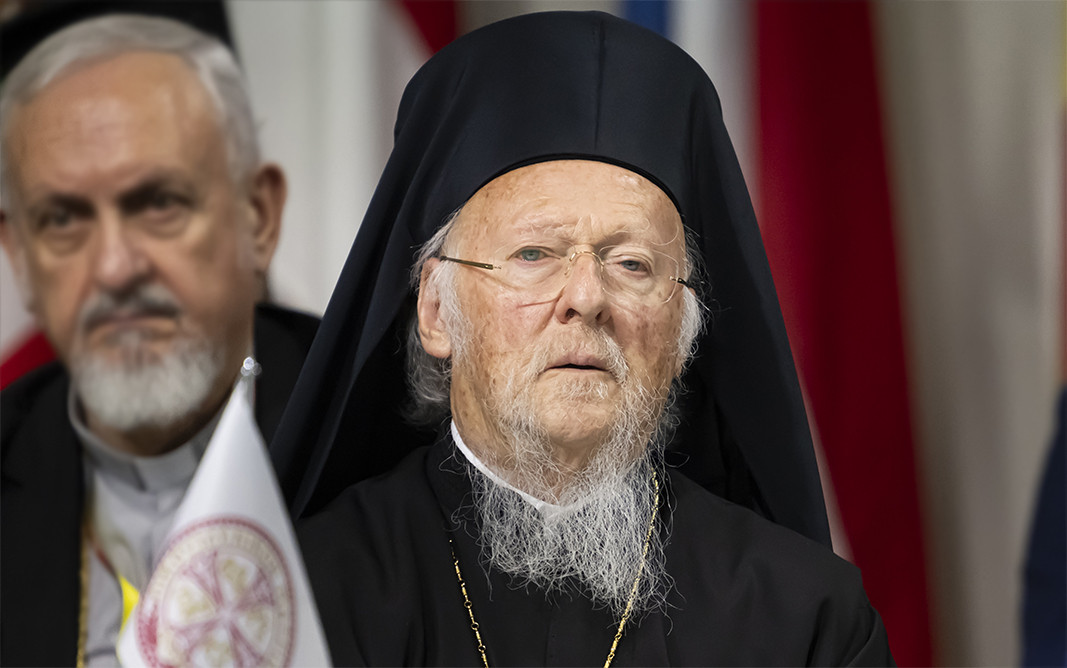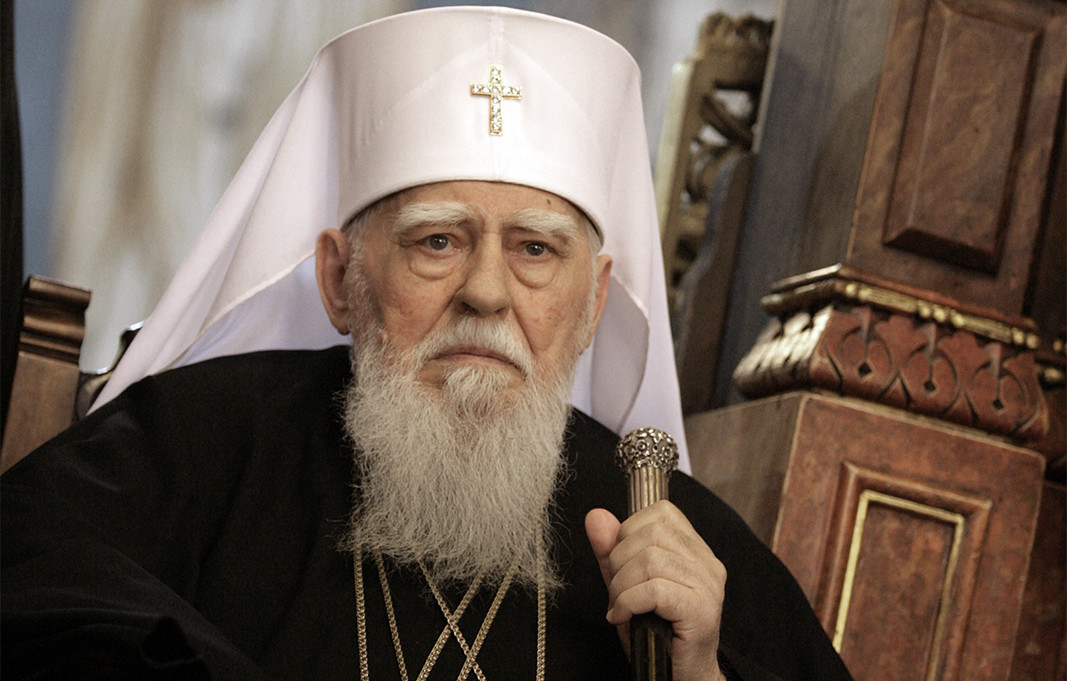



The Feast of the Epiphany - the entry of the Theotokos into the Temple - is one of the oldest and most revered feasts in the Orthodox world. It was introduced in Constantinople around the 8th century during the time of Patriarch Tarasius. It was six..
The Museum of the Jewish People in Tel Aviv , Israel, today commemorates the 130th anniversary of the birth of Dimitar Peshev, a righteous man of the nations of the world, deputy chairman of the 25th National Assembly of Bulgaria, the Bulgarian..
The Bulgarian Land Forces are celebrating their holiday today. A statement from the Ministry of Defense's press center notes that November 19, 2024 marks 139 years since the glorious victory at Slivnitsa and 146 years since the establishment of..
The Museum of the Jewish People in Tel Aviv , Israel, today commemorates the 130th anniversary of the birth of Dimitar Peshev, a righteous man of the..
The Feast of the Epiphany - the entry of the Theotokos into the Temple - is one of the oldest and most revered feasts in the Orthodox world. It was..

+359 2 9336 661
